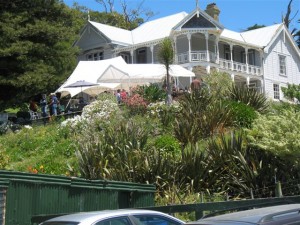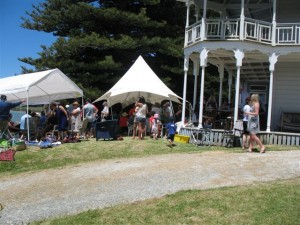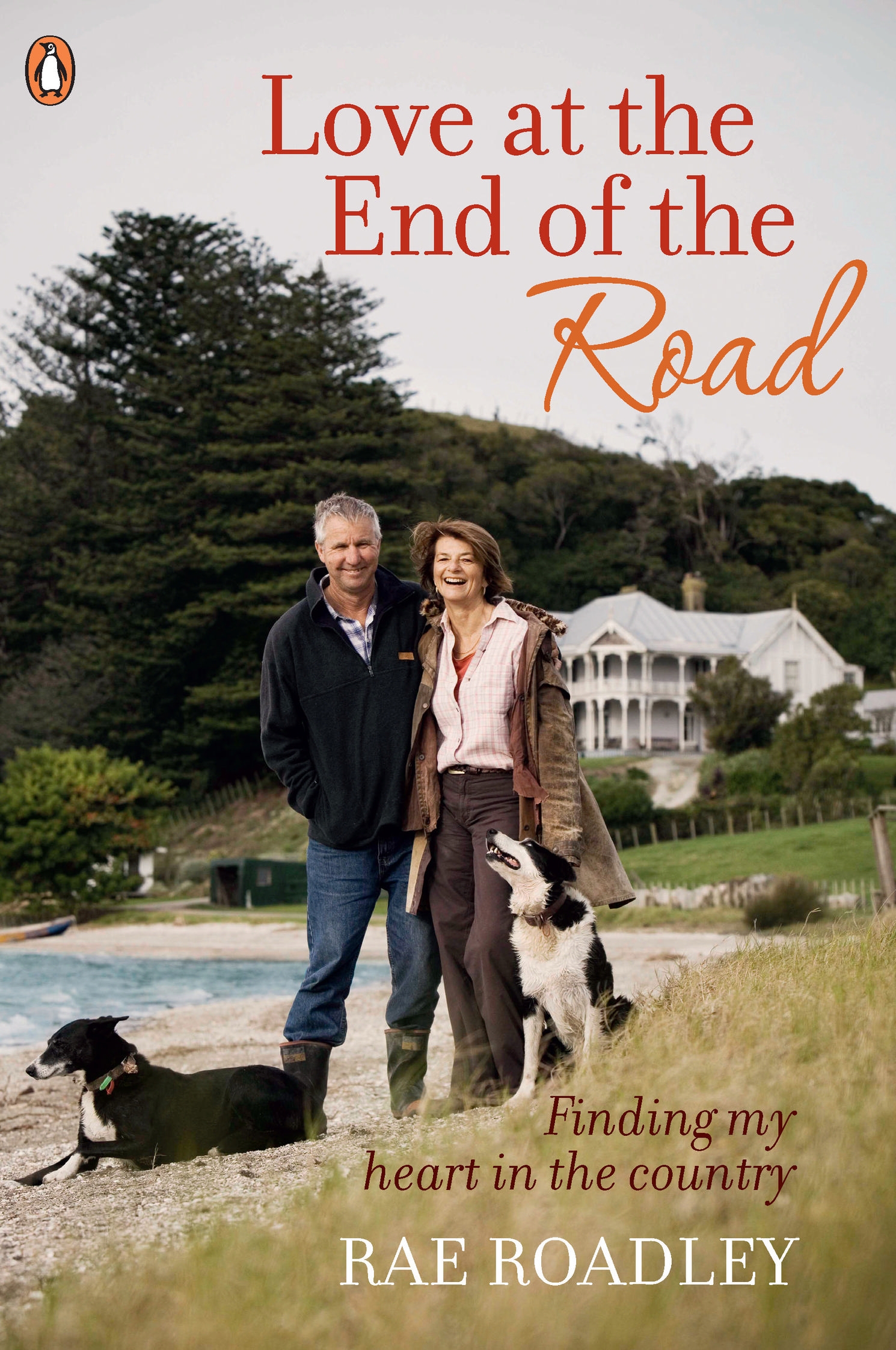
100th Birthday Bash at Batley was a blast – 130 or so, finger-food picnic, treats for the kids, glorious sunshine.
The Roadley family – about 130 of us – recently celebrated a century on a block of land whose first owner holds a dubious honour in New Zealand’s short history.
Thomas Spencer Forsaith, who in 1839 signed on to buy 2000 acres on the shores of the Kaipara Harbour, will hopefully always retain his record of leading the country for the shortest time ever. If not, presumably politics will be in the same upheaval as in 1854 when Forsaith led a group of politicians who held control for a mere three days.
The following year, the Government concluded that while Forsaith’s land purchase was legal, he was entitled to only 823 acres rather than the 2000 he’d attempted to snap up 16 years earlier for waistcoats, trousers, fowling pieces, sugar, flour, tobacco, iron pots and other essentials of the era.
On 11 November 1912, Albert Roadley (the grandfather of Rex my husband, better known on this blog as ‘the farmer’) and his brother Jack bought the land, known as Forsaith’s Grant.
By then it belonged to Joseph Masefield whose life hit a milestone 150 years ago on 12 November. In 1862, Joseph and his wife May, arrived on the William Miles, one of the ships carrying settlers who’d signed on for land under the Albertland Settlement Scheme. Within a month or so, Masefield had a supply store at Batley, then named Oahau.
Both Masefield and Albert Roadley travelled to the Otamatea River – one of the arms of the Kaipara Harbour – to check out land. Neither liked the property they’d set out to buy, however they both spotted land at Batley while on board a steamer and decided they liked it.
The run of significant November dates continues: 10th – Celebrate a Century party; 11th – Roadleys buy land at Batley; 12th – Masefields arrive in NZ; and 13th – 1820, Ngapuhi rangitira Hongi Hika is introduced to King George IV in London.
Hongi deserves a mention because he and his warriors killed the father of first person to get legal title to the two blocks of land which, along with Forsaith’s Grant, comprise today’s 1000-acre farm.
By 1820, Ngapuhi and Ngati Whatua had ceased their battles, but Hongi was plotting revenge. As he returned from England, he traded gifts from the King for muskets, then in 1825 he and his army headed south on a mission. When the fighting was over, Haututu was among the dead and, in an ultimate insult, his body was consumed at his kainga, just up the river from the farm, by victorious Ngapuhi.
It’s easy to look back and give the facts of history nothing but a passing thought, but in this context they have much more meaning.
At our celebrations, many members of the extended family met for the first time because we figured that when you’re celebrating a century you can spread the net wide. And we feasted both in 2012 style, with guests bringing a fingerfood picnic to share, and like the very first settlers, the Maori, we enjoyed the bounty of seafood-gathering missions.




